Retinol Creams: Avoiding Irritation
Welcome to our comprehensive blog on Retinol Creams and how to avoid irritation while reaping their incredible benefits. If you're delving into the world of retinol, a form of Vitamin A touted for its remarkable anti-aging and skin-rejuvenating properties, you're in the right place. However, as beneficial as retinol can be, it's also known for causing skin irritation. Fear not! We're here to guide you through using retinol creams effectively while minimizing discomfort.
Understanding Retinol and Its Skin Benefits

What is Retinol?
Retinol, a derivative of Vitamin A, is a powerhouse ingredient in many skincare products, especially anti-aging creams. It works by accelerating skin renewal, enhancing collagen production, and reducing the appearance of fine lines, wrinkles, and uneven skin tone.
Benefits of Retinol for Skin
The wonders of retinol for the skin are numerous. It not only helps in diminishing signs of aging but also improves skin texture, combats acne, and reduces hyperpigmentation.
Common Side Effects of Retinol

Identifying Retinol Irritation
While retinol is beneficial, it can cause irritation, especially during the initial usage period. Common signs include redness, dryness, peeling, and increased sensitivity.
Why Does Retinol Irritate the Skin?
Retinol speeds up cell turnover, which can initially be too intense for some skin types, leading to irritation. This reaction is often a part of the skin’s adjustment process to the product.
Preventing and Managing Retinol Irritation

Starting Slowly
Begin with a low concentration of retinol and gradually increase as your skin builds tolerance. Using it once or twice a week initially can help mitigate adverse effects.
Moisturize and Hydrate
Always apply a good moisturizer after using retinol creams. Keeping the skin hydrated is key to reducing irritation.
Use Sunscreen Religiously
Retinol can make your skin more susceptible to sunburn. Always use a broad-spectrum sunscreen during the day, even if you only apply retinol at night.
Buffering Technique
For extra sensitive skin, try the buffering technique. Mix your retinol cream with your moisturizer to dilute its strength slightly.
Listen to Your Skin
If irritation persists, give your skin a break and consult with a dermatologist. They can provide personalized advice and alternatives if necessary.
Choosing the Right Retinol Cream
Skin Type Matters
Select a retinol cream formulated for your skin type. If you have dry or sensitive skin, look for products with added hydrating ingredients.
Retinol Concentration
Start with a lower concentration (like 0.25% or 0.5%) and work your way up. Higher concentrations are more potent but also more likely to cause irritation.
Packaging is Key
Retinol is sensitive to light and air. Choose products in opaque, air-tight packaging to ensure the stability and efficacy of the retinol.
FAQs About Retinol Creams
Q: Can I use retinol every day?
A: Initially, it's best to start with a lower frequency and gradually increase as your skin adapts. Daily use is possible once your skin becomes accustomed to it.
Q: How long does it take to see results from retinol?
A: It can take several weeks to a few months to see noticeable changes. Consistency is key.
Q: Is retinol safe for all skin types?
A: While retinol is generally safe, those with extremely sensitive skin or certain skin conditions should consult a dermatologist before use.
Q: Can I use retinol while pregnant or breastfeeding?
A: Retinol is not recommended during pregnancy or breastfeeding. Always consult with your healthcare provider.
In conclusion, while retinol can be a transformative ingredient in your skincare routine, it's crucial to approach its use mindfully to avoid irritation. By starting slow, choosing the right product, and listening to your skin, you can enjoy the myriad benefits of retinol without the drawbacks. Remember, patience and consistency are key in the journey to achieving radiant, youthful skin with retinol creams.


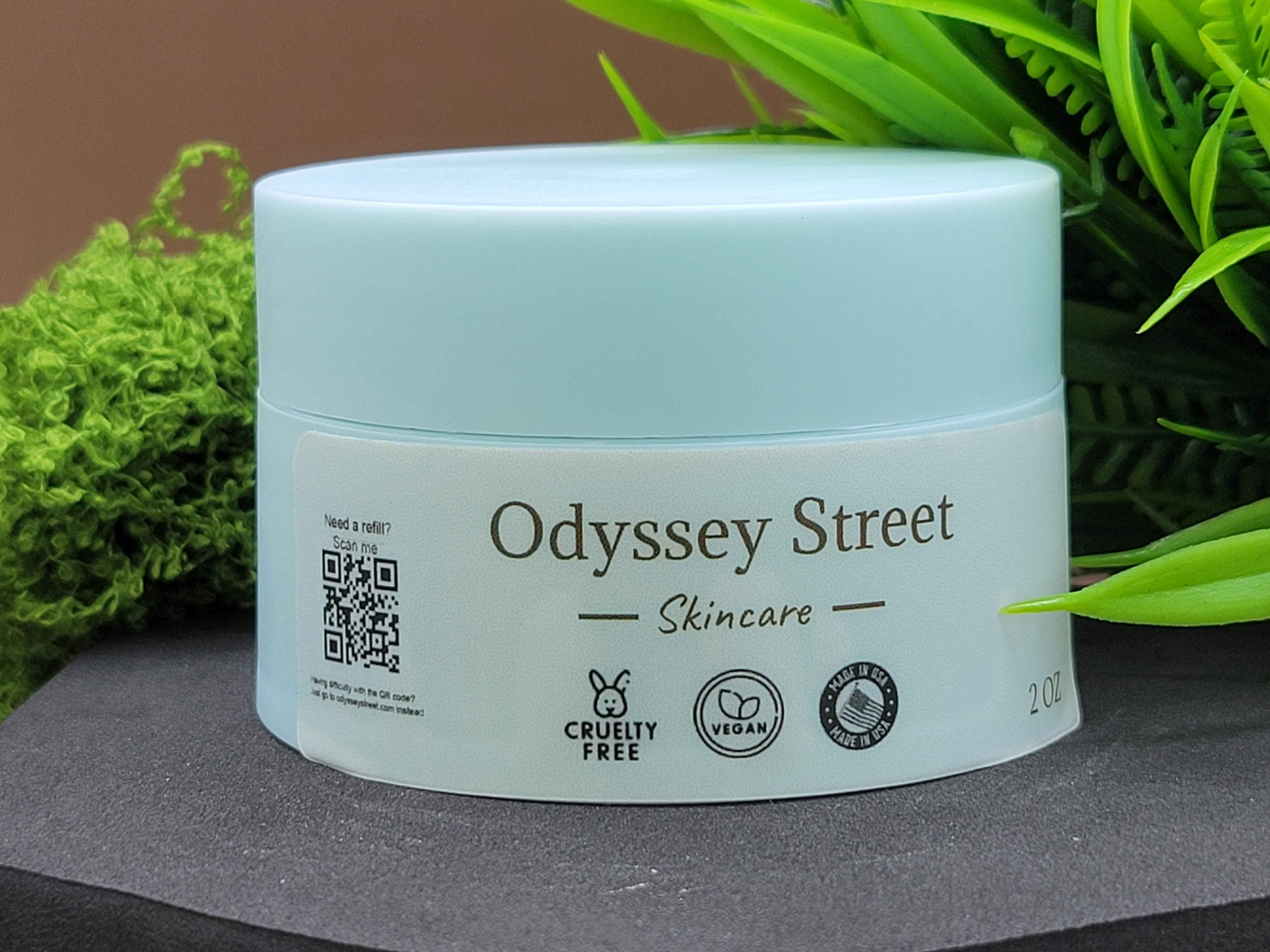
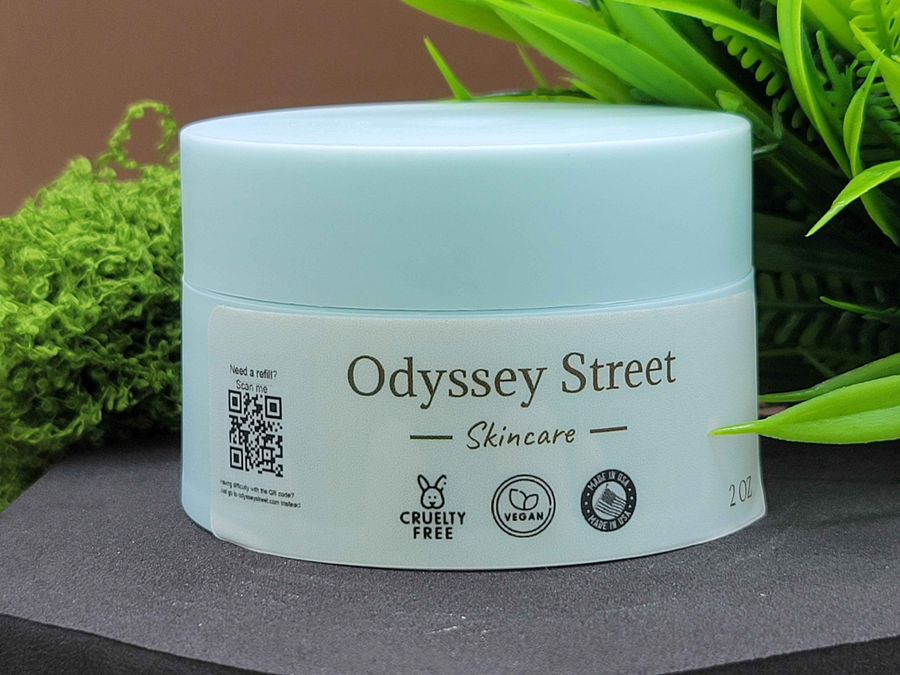
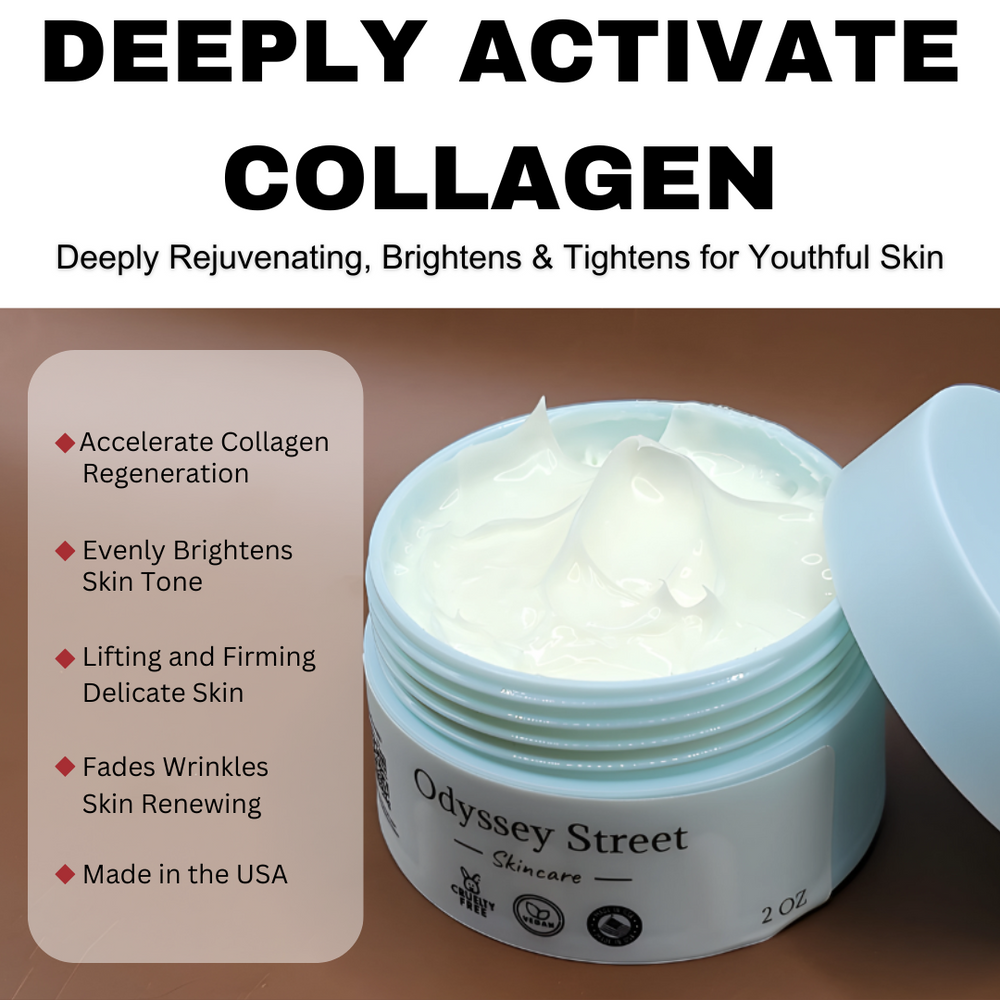




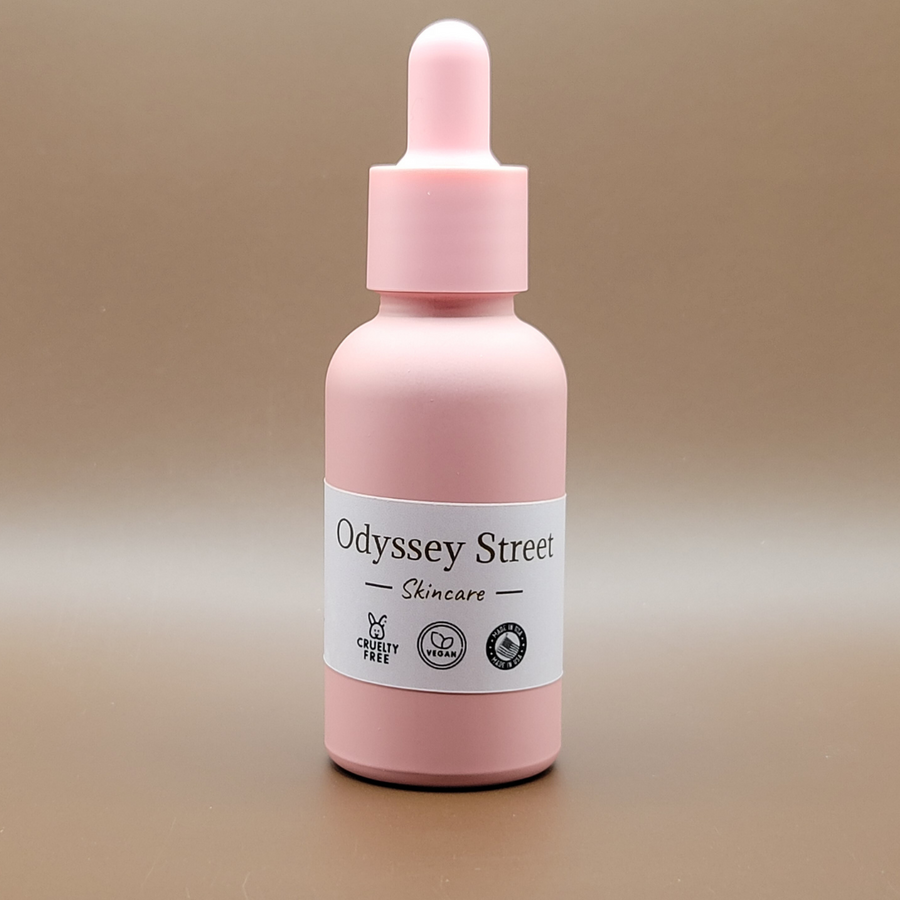
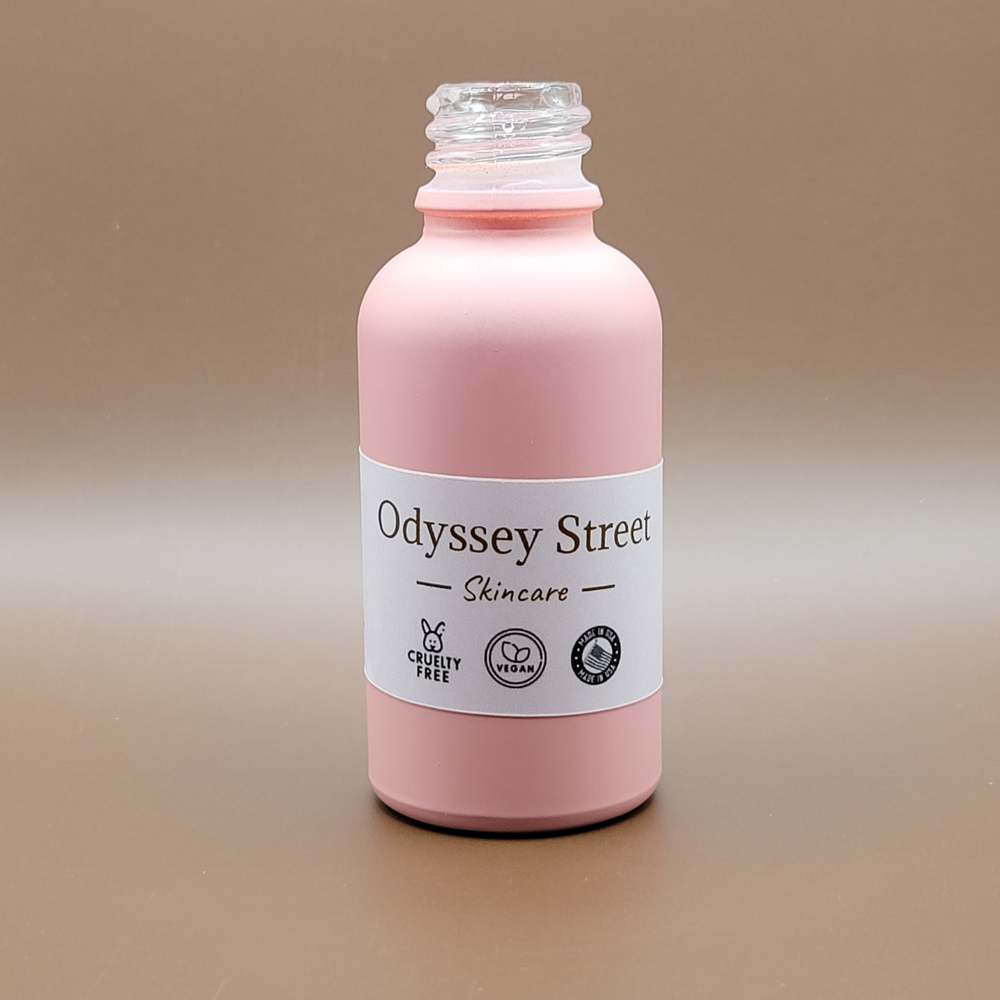
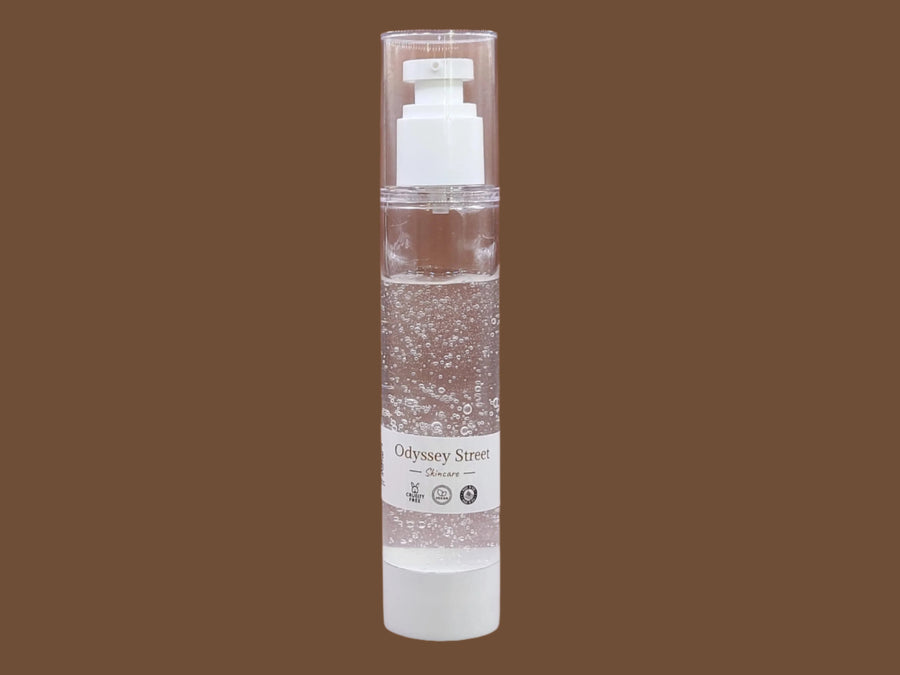
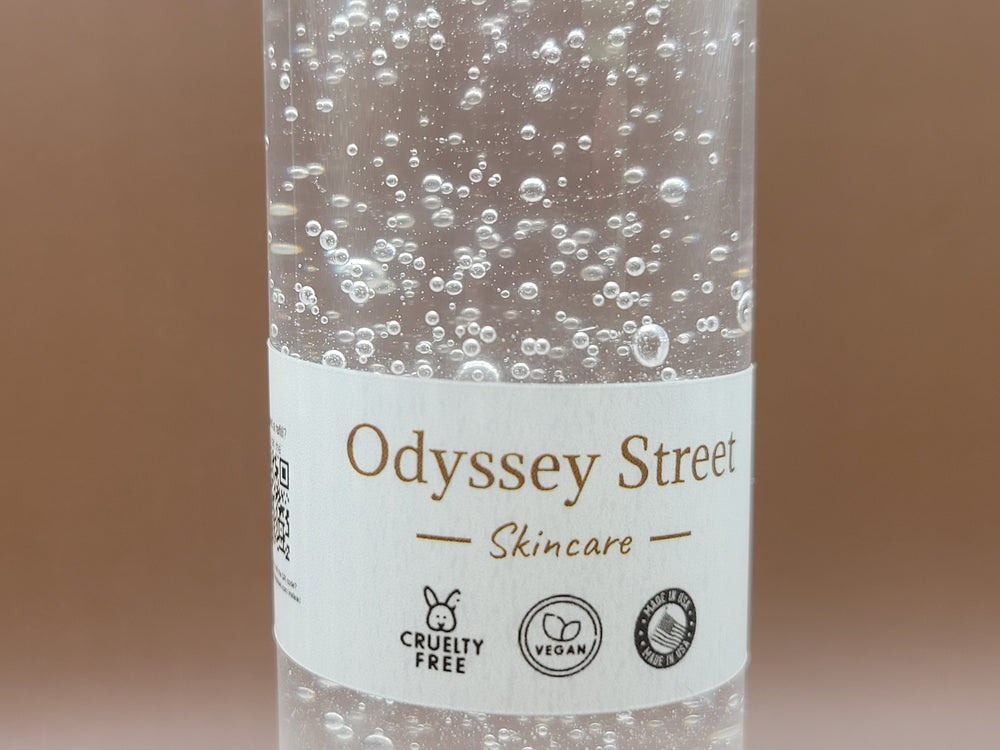


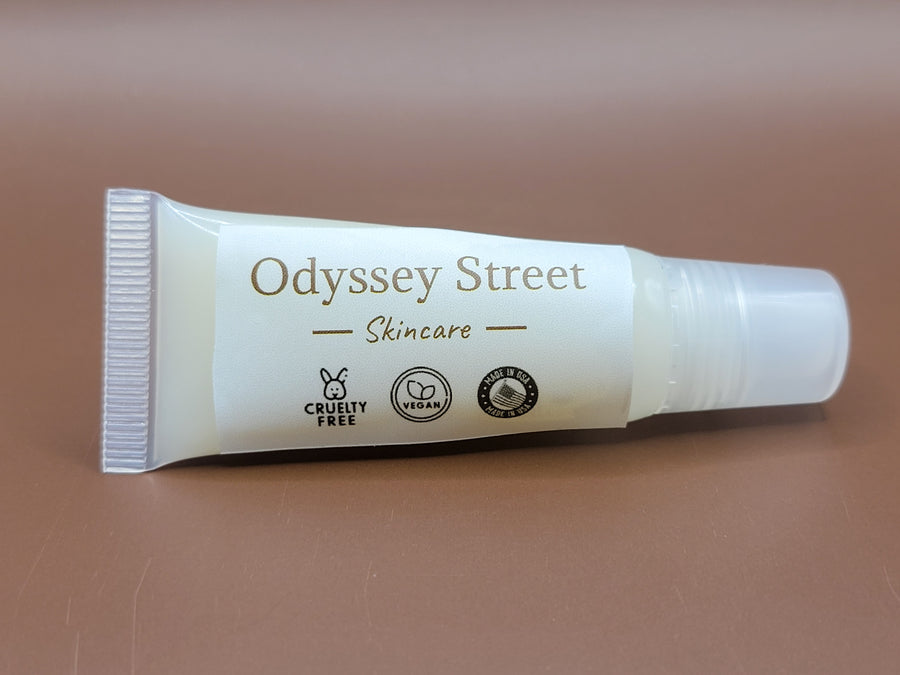
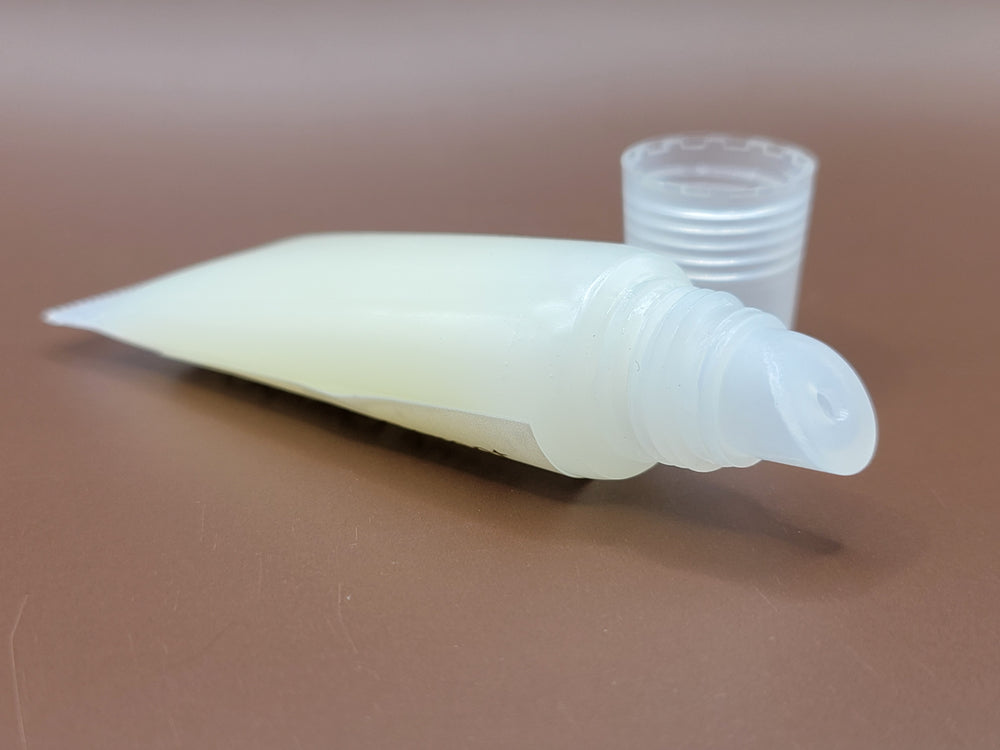

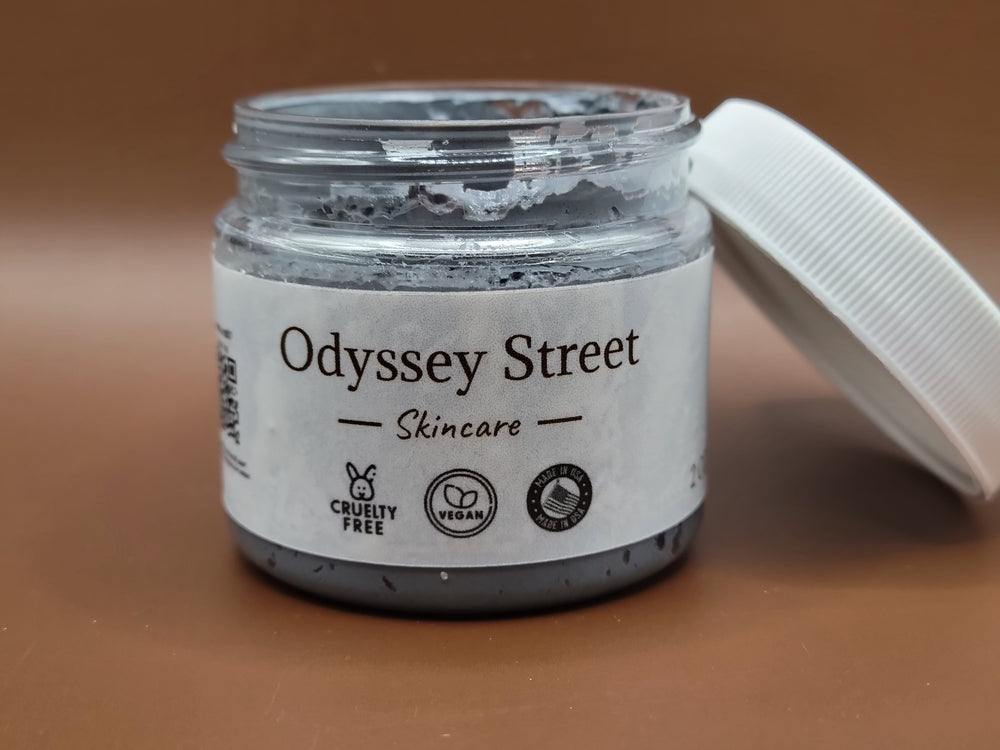
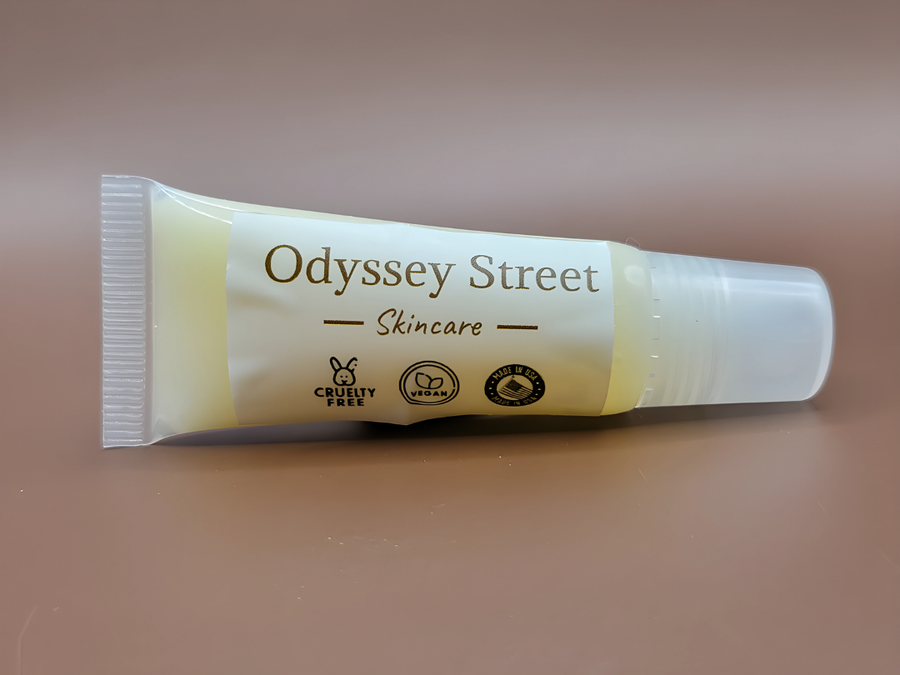



Leave a comment